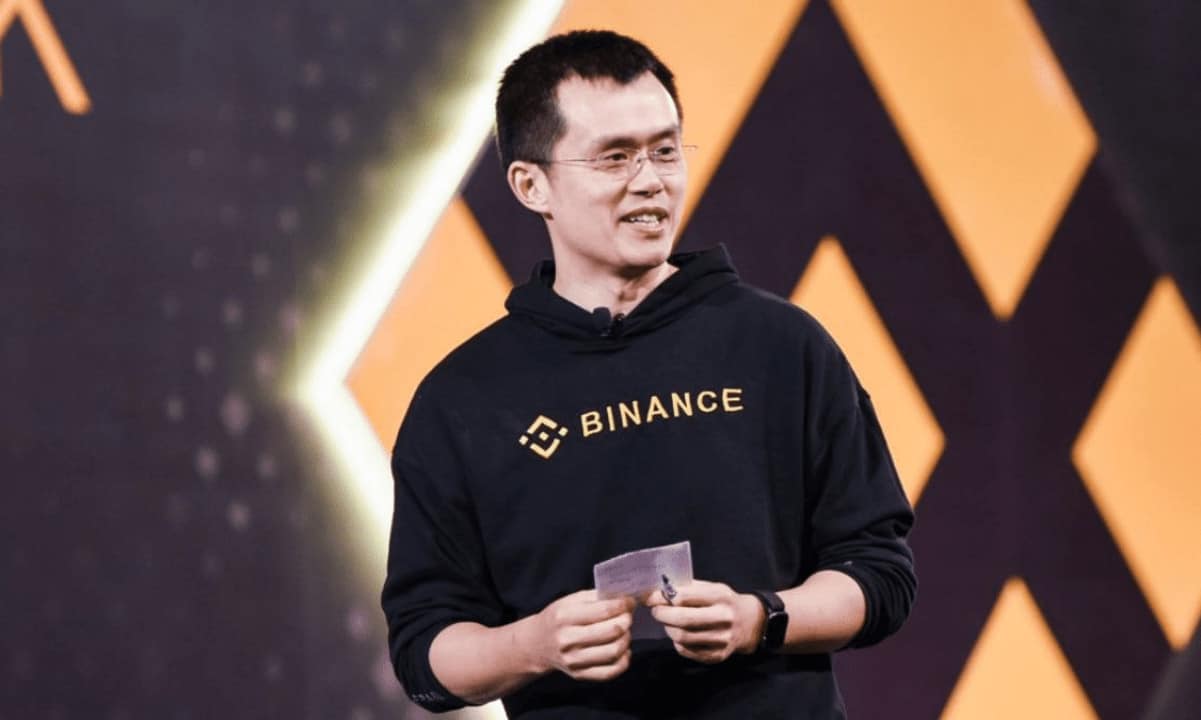CZ Shuts Down Rumors of Backroom Deals with World Liberty Financial

Binance’s former CEO fires back at allegations of playing middleman in shadowy financial maneuvers—because nothing says ’trust us’ like billion-dollar crypto platforms and opaque traditional finance collabs.
No proof, no problem? The crypto giant’s ex-boss dismisses claims as baseless while Wall Street quietly wonders if they missed a trick.
Funny how these ’partnerships’ always surface right before regulators start asking questions.
Negative Intentions and Inaccuracies
In a May 23 X post, he claimed the media outlet’s reporting had changed into a textbook case of “Cunningham’s Law.” Zhao explained that a few days before the article was published, the company’s PR team had sent him several questions based on false assumptions.
“We told them there were numerous inaccuracies and unfounded inferences,” he wrote. The publication asked his team to identify the errors, but he explained that a story can’t be corrected when built on negative intentions from the start.
Among the claims made in WSJ’s inquiry was that CZ had helped WLF arrange meetings with government officials in Pakistan, Malaysia, and Kyrgyzstan. The article suggested that he introduced a Pakistani official, Mr. Saqib, to the WLF team.
A week after his visit to the region, the crypto project named the man an adviser. Further, the Journal emphasized that on April 26, the WLF team traveled to Pakistan to sign an MOU with the government.
However, the former exchange executive has denied these claims. “I am not a fixer for anyone,” he stated. He also clarified that he did not connect Mr. Saqib with the WLF team, pointing out that they already knew each other. Zhao added that he had met the Pakistani official for the first time during his stay in the country.
The Binance co-founder also suggested that the WSJ article was part of a broader agenda to stop progress in the crypto industry.
“There are forces in the U.S. that want to hinder efforts in making the U.S. the capital of crypto. They want to attack crypto, global crypto leaders, and the pro-crypto administration,” he claimed.
A History of False Claims
This isn’t the first time Zhao has accused WSJ of publishing false stories. In March, the newspaper shared that Trump’s family was in talks to invest in Binance.US and that the 48-year-old was seeking a presidential pardon.
At the time, he described the article as politically motivated, suggesting it was an attempt to undermine the president and the crypto industry. However, he later acknowledged that he had formally applied for clemency from Trump.
More recently, the former CEO dismissed allegations from a separate news piece that said he had agreed to provide evidence against TRON founder Justin Sun as part of a plea deal with the U.S. Department of Justice (DOJ).
CZ suggested the report might be tied to lobbying efforts aimed at damaging his and Binance’s reputation. SUN also rejected the claims, saying he was unaware of such rumors and referred to Zhao as his “mentor and close friend.”

